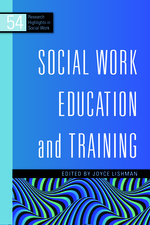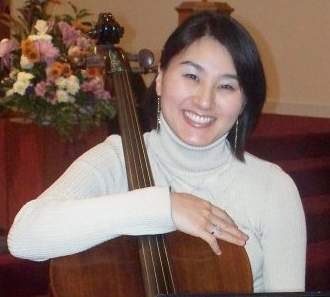An Interview with Josh Muggleton, author of ‘Raising Martians’
“There is lots of information in the book, and I really hope that people take that on board, but to me, what is more important is that they gain an understanding of, and an insight into life with Asperger Syndrome. If you understand someone with Asperger Syndrome, then knowing that it is named after Hans Asperger is redundant. While that sort of information might be interesting, it is far more useful to know how the person with Asperger Syndrome thinks: what he or she might find hard and why, what things might set them off, and what things will calm them down, what things they will be really good at, and what things they might struggle at.”









